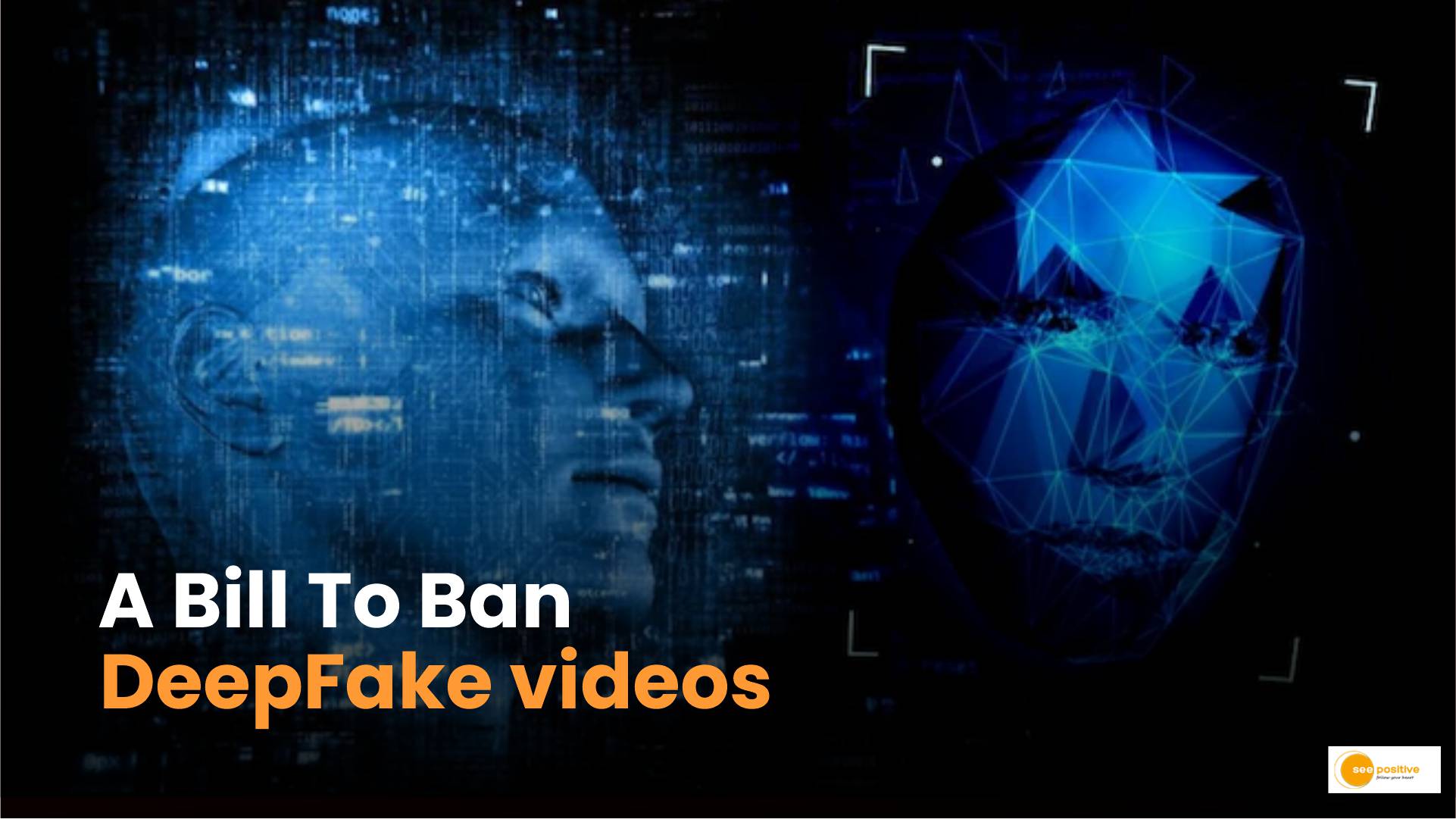The Modi government is set to introduce the Digital India Bill to address the growing issue of AI-generated DeepFake videos and content. According to an India Today report, this bill will focus on the better use and regulation of AI technology. Sources indicate that the government will seek support from opposition parties for this bill.
Key Highlights of the Digital India Bill
- Objective: The primary goal of the bill is to curb the misuse of AI-generated DeepFake content. This includes videos, images, and audio that can mislead or deceive people.
- AI Utilization: The bill aims to ensure that AI technology is used responsibly and ethically. It includes provisions for discussing and improving AI applications.
- Parliament Session: The bill is likely to be discussed in the first session of the 18th Lok Sabha, starting on June 24. The session will begin with the swearing-in of new MPs and the President’s address. The government is also expected to present the full budget during this session.
Prime Minister Modi’s Stand on DeepFake Threats
In an interview with Microsoft co-founder Bill Gates on March 28, Prime Minister Narendra Modi highlighted the dangers of DeepFake videos. Modi emphasized that while AI is a beneficial technology, improper training and misuse can pose significant risks. He suggested that AI-generated content should have a watermark to inform viewers of its AI origin, thus preventing misinformation.
Modi mentioned that even celebrities like actress Rashmika Mandanna, cricketer Sachin Tendulkar, and Home Minister Amit Shah have been victims of DeepFake videos.
Previous Measures to Combat DeepFake
In January, the Central IT Ministry formulated new rules to combat DeepFake content. According to these rules, social media platforms that fail to comply with the regulations could face a ban in India. The IT Ministry held two meetings on January 17 with social media platforms and other stakeholders. It was decided that social media platforms would use AI to filter DeepFake content. Violators could be charged under IPC sections and the IT Act.
Former IT Minister Rajeev Chandrasekhar mentioned last year that the government was preparing a bill to regulate fake videos and social media content. He stressed the need for extensive discussion and debate on the bill, indicating it might take time before being presented in Parliament.
Key Provisions of the New Rules
- Immediate Action: Any DeepFake content can be reported immediately. Victims or their representatives have the right to file complaints.
- User Responsibility: Social media platforms will require users to pledge not to upload DeepFake content. Platforms will alert users about this pledge, and only those who agree will be able to access their accounts.
- Content Removal: DeepFake content must be removed within 24 hours. The account of the user who uploaded the content will be suspended, and other platforms will be notified to prevent the user from creating new accounts.
Understanding DeepFake
The term “DeepFake” was first used in 2017 on the social news aggregator Reddit, where numerous celebrity videos, including those of actresses Emma Watson, Gal Gadot, and Scarlett Johansson, were posted. DeepFake involves integrating someone else’s face, voice, or expressions into real videos, photos, or audio, making it appear authentic. This is achieved using machine learning and artificial intelligence technologies.
AI and cyber expert Puneet Pandey explains that ready-to-use technology and packages are now available, making it accessible to anyone. The current technology has improved significantly, including voice cloning, which has become particularly dangerous.
Also Read: What is Deepfake Technology? –Security Countermeasures
Conclusion
The introduction of the Digital India Bill is a significant step towards regulating AI-generated DeepFake content. It aims to ensure responsible use of AI technology, protect individuals from being misled by fake content, and hold social media platforms accountable for content regulation. As the government seeks to gain support from opposition parties, the upcoming session of the 18th Lok Sabha will be crucial in determining the future of this bill.


